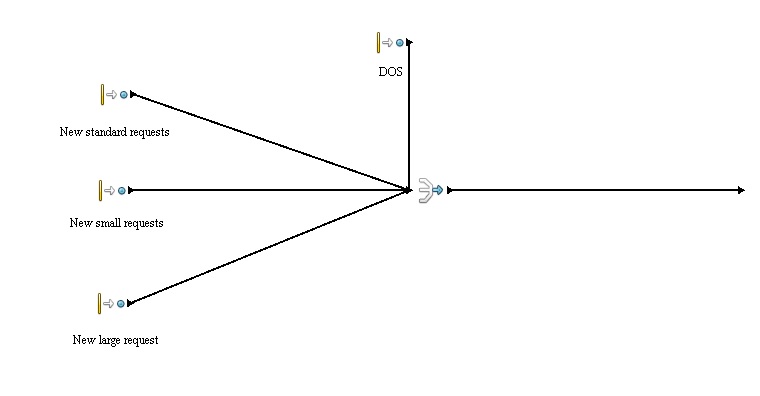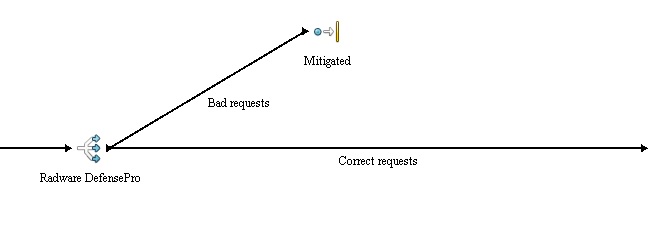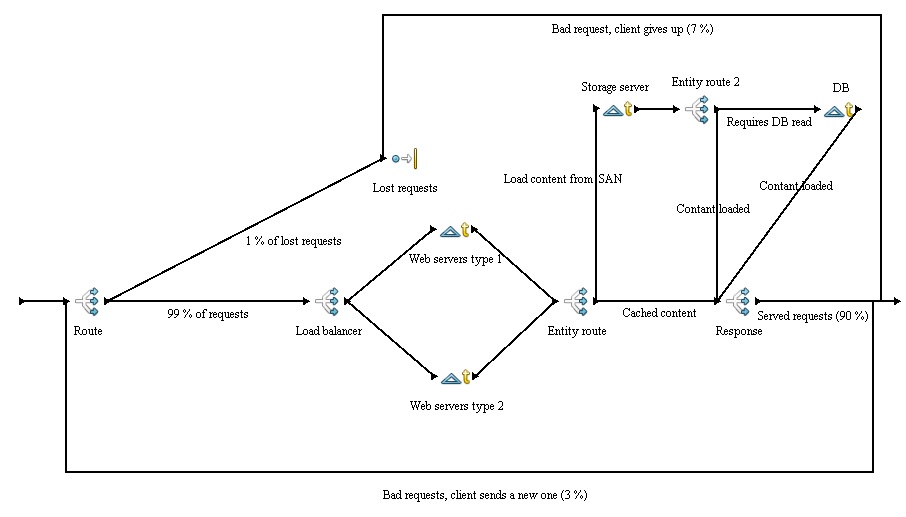Difference between revisions of "Load-balancing"
(→Entities) |
(→Problem definition) |
||
| Line 2: | Line 2: | ||
=Problem definition= | =Problem definition= | ||
| + | <p> | ||
A hosting company with it’s own infrastructure is using so called "load balancing" to distribute the overall load between multiple servers (hardware) and “high-availability” to minimize service down-time. | A hosting company with it’s own infrastructure is using so called "load balancing" to distribute the overall load between multiple servers (hardware) and “high-availability” to minimize service down-time. | ||
| + | </p> | ||
| + | <p>'''Load-balancing'''<br /> | ||
| + | short text here | ||
| + | </p> | ||
| − | ''' | + | <p>'''High-avaibility'''<br /> |
short text here | short text here | ||
| + | </p> | ||
| − | ''' | + | <p>'''Anti-DoS/DDoS'''<br /> |
short text here | short text here | ||
| + | </p> | ||
=Method= | =Method= | ||
Revision as of 16:55, 17 January 2016
Introduction
Contents
Problem definition
A hosting company with it’s own infrastructure is using so called "load balancing" to distribute the overall load between multiple servers (hardware) and “high-availability” to minimize service down-time.
Load-balancing
short text here
High-avaibility
short text here
Anti-DoS/DDoS
short text here
Method
SIMPROCESS
Model
Entities
Small request
text
Standard request
text
Large request
text
D-DoS
text
Resources
Load-balancer
text
Web server
There are two types of this resource, each with different capabilities:
Type 1
Type 2
Storage server SAN
text
Database server
text
Radware DefensePro
text
Processes
HTTP requests




